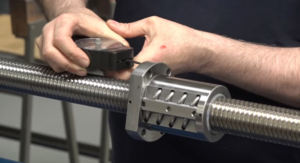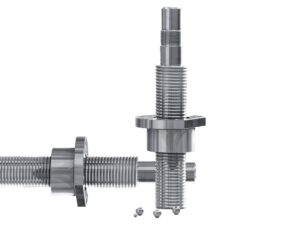In the dynamic and demanding world of aerospace engineering, precision is not just a requirement – it’s a necessity. As aircraft designs evolve, technologies advance, and safety standards become increasingly stringent, precision engineering solutions play a pivotal role in navigating the challenges of the aerospace industry. In this comprehensive blog post, we delve deep into the realm of aerospace challenges and explore how precision engineering solutions are shaping the future of flight.
Lightweight Materials for Enhanced Performance
Aerospace engineers are constantly seeking ways to reduce weight without compromising structural integrity and performance. Precision engineering solutions, such as advanced composites, carbon fiber reinforced polymers (CFRP), and lightweight alloys, offer the perfect balance of strength, durability, and weight reduction. These lightweight materials not only improve fuel efficiency but also enhance aircraft agility, range, and payload capacity, making them essential components in modern aerospace design.
Precision Machining for Aircraft Components
Precision machining is the backbone of aerospace manufacturing, where even the smallest deviation can have significant consequences. Advanced CNC machining, 5-axis milling, EDM (electrical discharge machining), and laser cutting technologies enable engineers to fabricate complex aircraft components with unparalleled accuracy and consistency. From turbine blades and engine components to structural elements and avionics enclosures, precision machining ensures that every part meets stringent tolerances and quality standards, contributing to aircraft performance, reliability, and safety.
Advancements in Avionics Technology
Avionics technology continues to evolve at a rapid pace, revolutionizing aircraft systems, navigation, communication, and control. Precision engineering solutions in avionics encompass a wide range of technologies, including fly-by-wire systems, digital cockpit displays, GPS navigation, autopilot systems, and more. These advancements improve situational awareness, enhance pilot capabilities, and increase aircraft efficiency, reliability, and safety. Precision engineering is the cornerstone of avionics innovation, driving continuous improvements in aerospace technology.
The Importance of Precision in Aerospace Safety and Reliability
In the aerospace industry, safety and reliability are paramount. Precision engineering plays a critical role in ensuring that aircraft components, systems, and structures meet rigorous safety standards and regulatory requirements. From rigorous testing and validation processes to adherence to strict quality control measures, precision engineering solutions instill confidence in aerospace systems, mitigating risks and ensuring optimal performance throughout the aircraft’s lifecycle. Precision is not just a goal – it’s a commitment to excellence and safety in aerospace engineering.
In conclusion, navigating the challenges of the aerospace industry requires precision engineering solutions that push the boundaries of innovation and excellence. From lightweight materials and precision machining to advancements in avionics technology and the paramount importance of precision in aerospace safety and reliability, precision engineering is the driving force behind the future of flight. At NNG Industries, we are proud to be at the forefront of this transformative era, delivering precision excellence that powers the skies and shapes the future of aerospace engineering.



